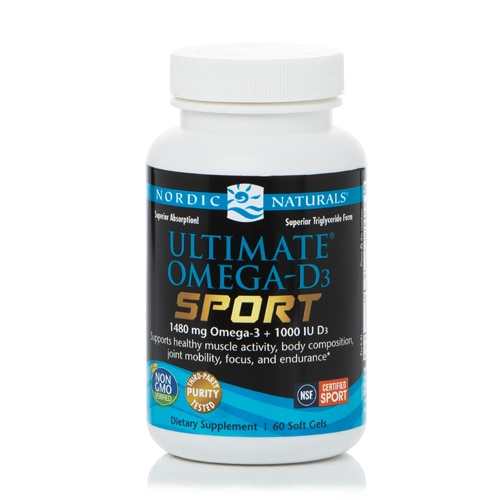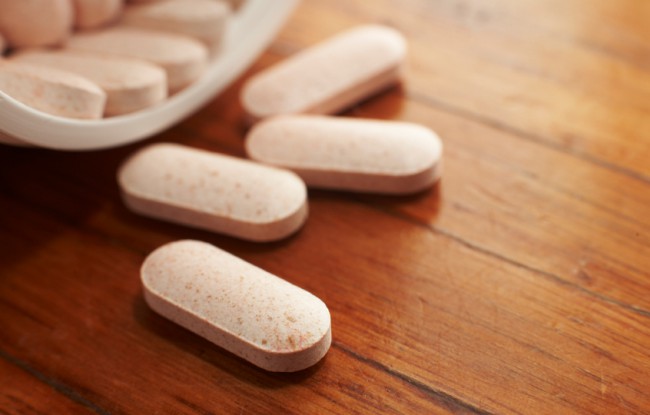If you’re among the millions of Americans who take vitamins and other dietary supplements, you might wonder how to determine whether they’re safe.
We’re here to help eliminate the guesswork. In short, according to experts, you’ll need to engage in a bit of sleuthing to figure out whether a bottle of vitamins or supplements passes the safety test.
Keep in mind that the vitamin and supplement industry is not regulated the way that, say, the pharmaceutical industry is. According to the U.S. Food and Drug Administration (FDA), makers of vitamins and dietary supplements must register their facilities with the agency, but they’re not required to gain FDA approval before making or selling them.
As such, government workers aren’t testing vitamins and supplements. Rather, vitamin and supplement testing is voluntary, meaning that not all of these products undergo safety and purity reviews, according to Dr. Romy Block, an endocrinologist who’s an assistant clinical professor at the University of Chicago’s medical school.
Therefore, your best bet is to buy vitamins and supplements that have been tested for safety and purity by a third party. But how can you tell whether a product has been scrutinized? Look for these letters on the label: USP (U.S. Pharmacopeial Convention) and NSF or GMP (NSF International).
The U.S. Pharmacopeial Convention (USP) says it tests vitamins and dietary supplements for strength, quality, purity and ingredient identity.
Meanwhile, NSF International says its NSF certification helps confirm that what’s on the label actually is in the product and that the product doesn’t contain unsafe amounts of things like heavy metals, pesticides and herbicides. In this case, vitamins and supplements are tested. Visit the NSF site to learn whether a vitamin or supplement is NSF-certified.
NSF International says its GMP registration applies not to specific products but to a manufacturer’s plant. This seal of approval, if you will, verifies that a plant is adhering to industry manufacturing standards. Under the GMP program, testing is not performed on vitamins or supplements.
“While dietary supplements can play an important role in overall health, they are not a quick fix or a replacement for a healthy lifestyle, so be sure to do your research and talk with a trusted health care provider before heading to the store,” NSF International advises. “There’s no substitute for becoming an educated consumer before purchasing your next supplement.”
Aside from seals of approval, NSF International recommends watching out for:
Outrageous claims.
“Some supplements promise to help make us thinner, smarter, stronger or faster without making any other changes in lifestyle. Just as with other products, if it sounds too good to be true, it probably is,” NSF says.
Catchphrases.
If you see phrases like “all natural,” “clinically tested” or “pharmaceutical strength” on a product’s label, be suspicious, NSF International advises. “All natural” products aren’t regulated by the federal government and don’t guarantee safety. “Clinically tested” and “pharmaceutical strength” products also fail to live up to their promises, according to NSF.
As another safety check, Dr. Morton Tavel, clinical professor emeritus of medicine at Indiana University, suggests searching for a vitamin or supplement on the FDA website. There, you can see whether the product has been subject to warnings, alerts or voluntary recalls.
The FDA says makers and distributors of vitamins and dietary supplements “must make sure that all claims and information on the product label and in other labeling are truthful and not misleading.”
Vitacost brand dietary supplements and nutrition products, for example, are backed by a quality guarantee, with testing completed in accordance with the FDA's Current Good Manufacturing Practices (CGMP).
Naturopathic doctor and acupuncturist Ellie Heintze urges you to also study vitamin and supplement labels for the following ingredients. If you find questionable or unrecognizable ingredients on a label, she says, you might consider staying away from that product.
Another thing to look for: an expiration date. Heintze says that’s particularly important for fish oils and probiotics.
“To save you time and money, get high-quality supplements from a trusted brand or ones prescribed by your doctor,” she says. “A good rule to go by: Don’t buy your supplements at the same place you buy bleach.”





